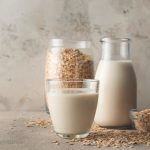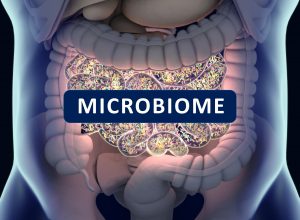
Children who have a chronic immune system disease that can prevent them from eating may eventually have a new treatment, decades after the condition was first identified. “Parents and doctors may not be aware of this, but this is a very prominent and serious disease in the pediatric population, and it is increasing in number because it is directly related to food allergens, which are also on the rise,” said lead study author Dr. Anil Mishra, director of the Eosinophilic Disorder Center at the Tulane University School of Medicine in New Orleans. “In this study, we show that after treating the disease in animals, the disease is gone and completely in remission,” he said in a university news release. Eosinophilic esophagitis (EoE) can be triggered by food or airborne allergies. This causes eosinophils, which are white blood cells, to build up in the lining of the esophagus. This reaction causes the esophagus to shorten and the esophageal wall to thicken, which can make it difficult to swallow and cause food to get stuck in the throat. The study, conducted in mice, found that the disease is caused by interleukin-18 (IL-18), a protein involved in the innate immune response. It can cause inflammation if produced in excess. An allergen entering the body activates a pathway that leads to the release of pro-inflammatory proteins like IL-18 and… read on > read on >






































